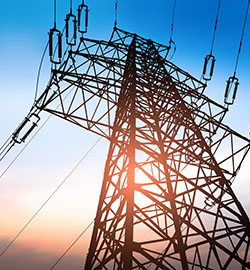Many organizations choose to work with brokers to buy energy under the assumption that the broker’s access to suppliers and market knowledge will get them the best price and terms on their supply contract.
But how do you know that this is actually true? How transparent is your energy broker, and what do you really know about their decision process?
We’ve put together a list of key questions that organizations should ask to determine if their brokers are really working for them.





